The project TASA – Técnicas Ancestralis, Soluções Atuais launched a new range of handcrafted products, made with the needs of today's world in mind. With them, a manifesto was also launched, in which it is argued that in addition to a cultural component and valuing endogenous resources, there must also be an ethical dimension associated with handicraft, so that those who create it receive fair remuneration.
In the vision of Graça Palma, from ProActiveTur, who manages this project that had its genesis within the Coordination and Regional Development Commission (CCDR) of the Algarve, traditional arts need to be more valued and, above all, more respected by society. Only then will there be a future for them.
“Sustainable also means that these trades are still alive in the economy and that the products are needed. People did this to create objects they needed, often at home. There have to be people wanting and responding to that demand», he considered.
“But this has to be framed in certain principles and in a vision that we, at TASA, have of society. We do not want there to be exploitation at work, we want these arts to be properly valued and to take into account the time and work that is invested there», added Graça Palma, speaking to Sul Informação.
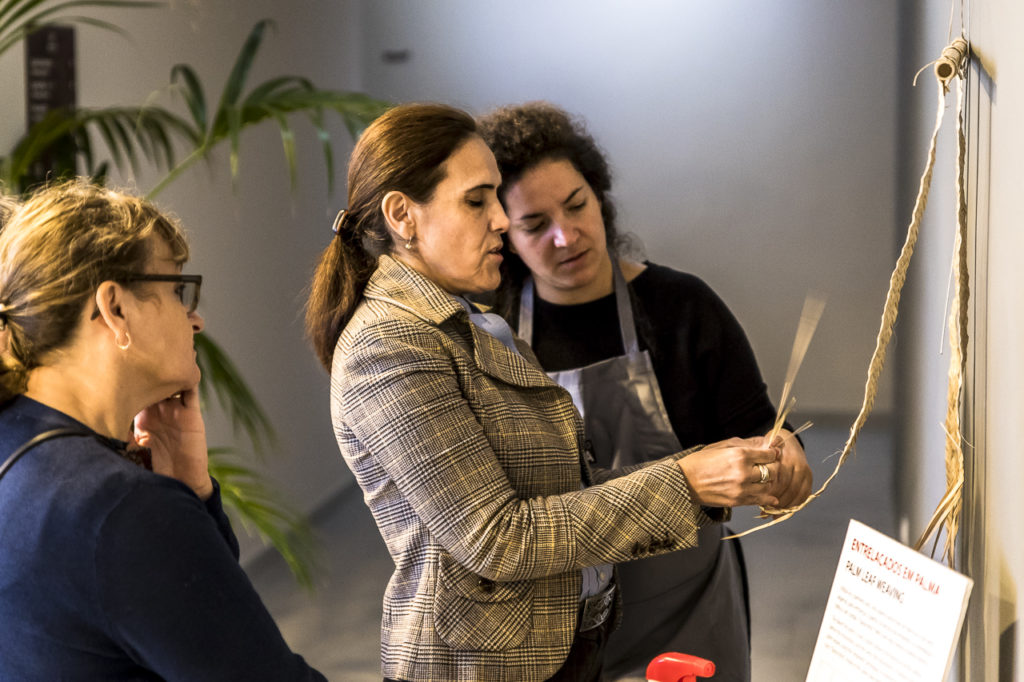
For ProActiveTur, “sustainability has three pillars: cultural, ethical and environmental.
The environmental, says Graça Palma, is the easiest to pass. «These are natural materials, organic raw materials, found in our landscape».
The cultural dimension is also relatively easy to explain. «It is noticed that there is a history here, that they are arts and crafts that are secular, in some cases millenary, as is the case of basketry, which predates ceramics and pottery, and that are very associated with a way of life and to a territory».
«The ethical part is more complicated, because it means deconstructing a reality that still prevails in the Algarve today: for decades, these crafts were devalued, as it was considered a minor activity, of people who were not educated, and was closely associated with poverty. People were exploited and sold cheaply», he adds.
This mentality “still exists in society and even in artisans. What we defend is an ethical vision, for the dignification of the craft arts and crafts, which are a work as worthy as any other. It is even more specific and specialized and those who do them have an important role in society, to maintain cultural diversity and social justice, as well as these sustainable ways of working and living culture».
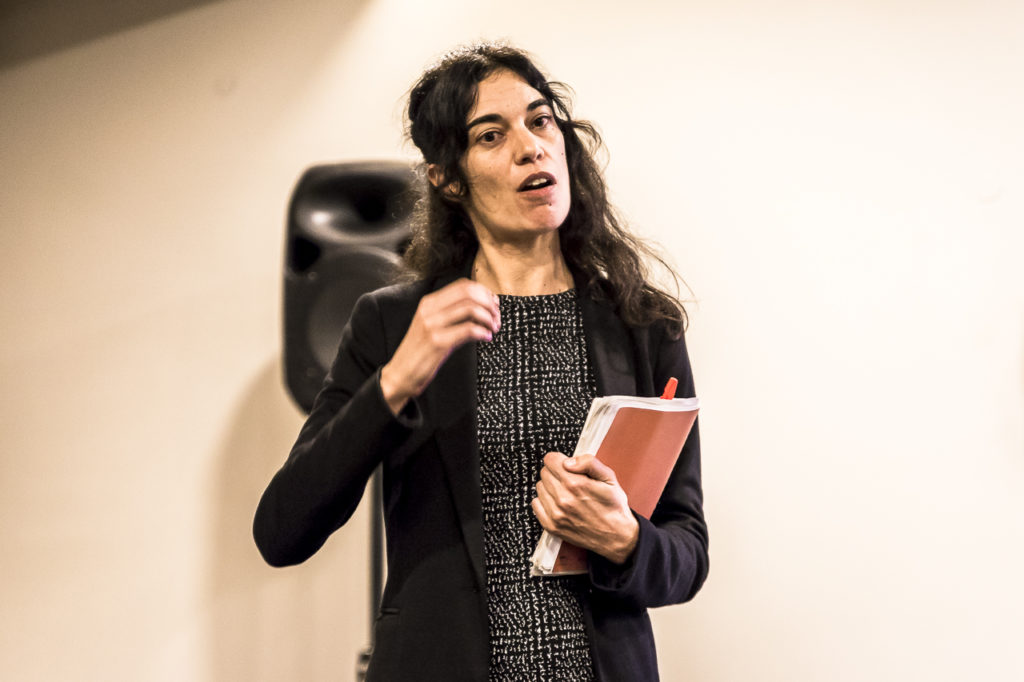
Although there is still no seal or certification that attests to this ethical dimension, “there are already entities moving in this direction. At this moment, we added these three dimensions to our logo, explaining to those who compare TASA products how we defend these values».
Sustainability is, moreover, a concern demonstrated by this company for a long time and is part of TASA's DNA.
After all, TASA's main objective is to maintain the traditional arts, creating new products, in partnership with those who have been dedicated to these arts and crafts for decades, but also seeking to train new artisans, who ensure that this knowledge, in some cases, millenarians do not get lost.
“We are trying to spread the traditional arts and try to have them carry over to the new generations. We have already managed to train new artisans, who are already working and creating innovative products. Some are prototypes, others are already being marketed», said Graça Palma.
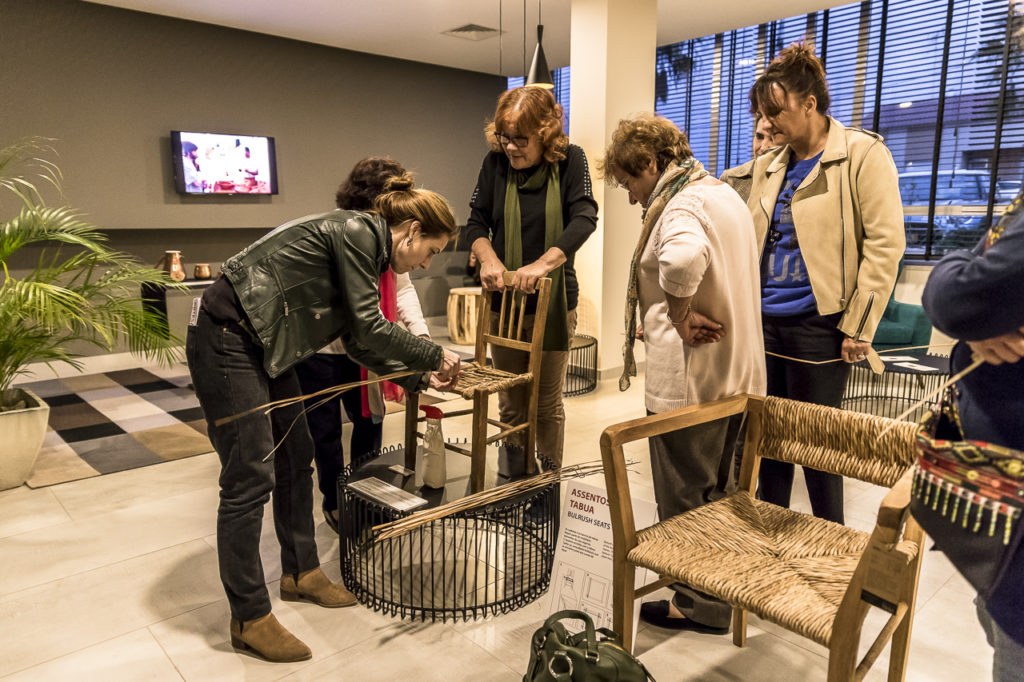
These new creations were exhibited at the Hotel Maria Nova, in Tavira, whose customers had the opportunity to experience, for a week, what it is to be an artisan.
«We wanted to provide tourists, visitors and curious people with creative experiences in which they come into contact with materials and techniques. Of course, they are simpler objects, easier to make, which allows them to take a memory of the Algarve with them».
The idea is to ensure that those who visit the Algarve bring an image of the region «not so ethnographic, of the old man on the donkey, but the idea that culture is alive and present in the new generation».
«We were here at the invitation of the Hotel Maria Nova, which had this vision and had already sought this message before», explained Graça Palma, on the sidelines of a gathering held at this hotel, where paths were sought for the future of handicrafts in the Algarve.
This session featured artisans, but also representatives of the Passar ao Futuro association, an international organization that has a hub in Lisbon and works on issues related to the sustainability of traditional arts. During the conversation, the dimension of ethics and social justice associated with crafts was very focused.
Photos: Pablo Sabater |Sul Informação
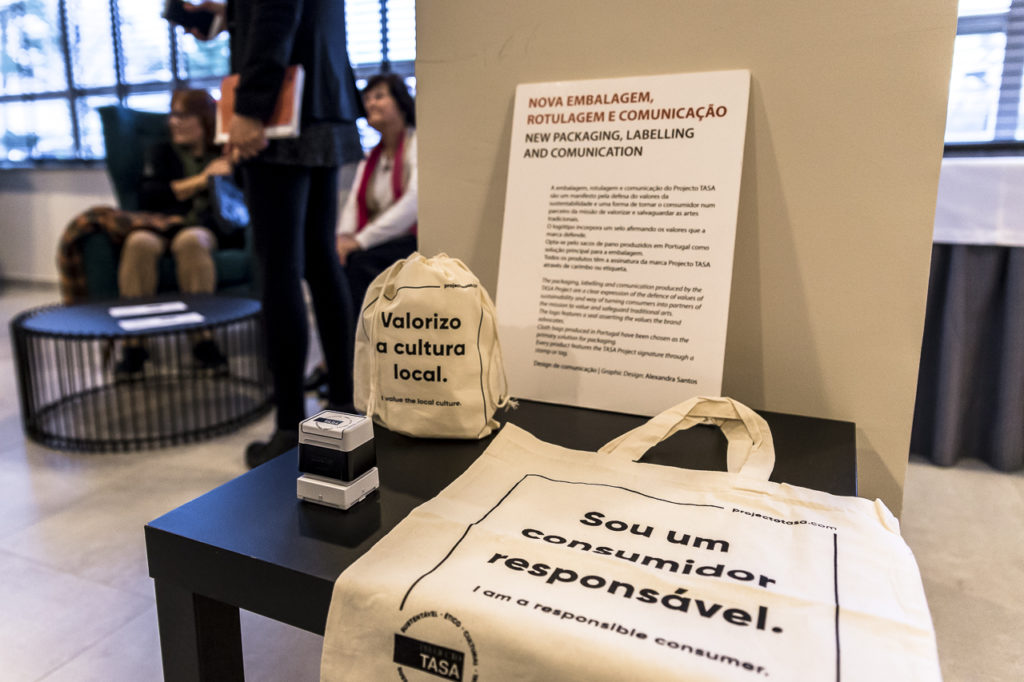
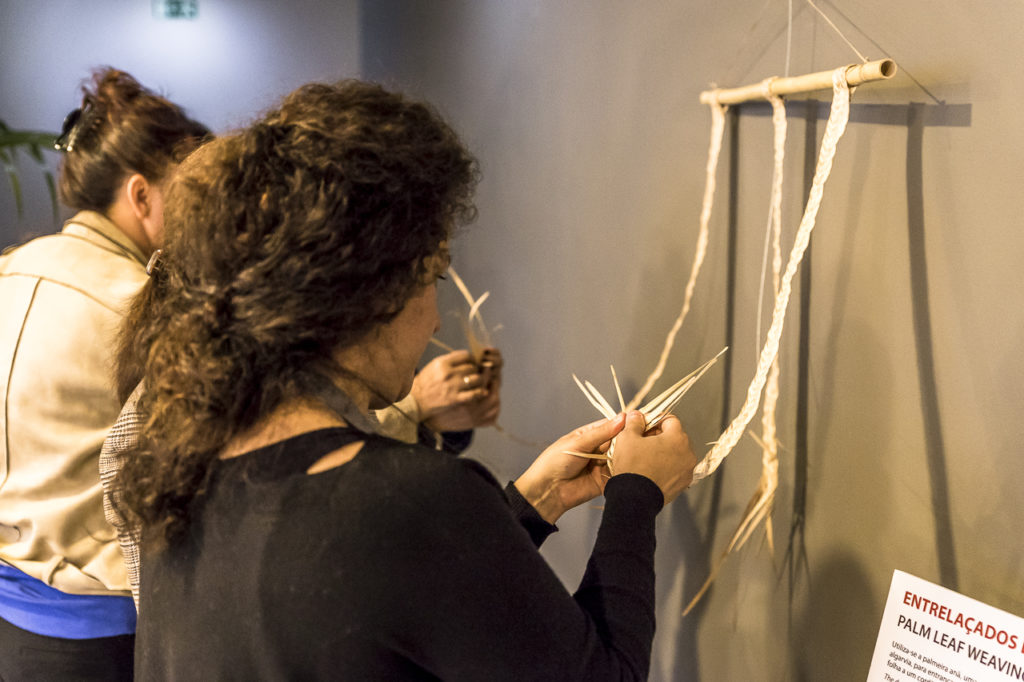
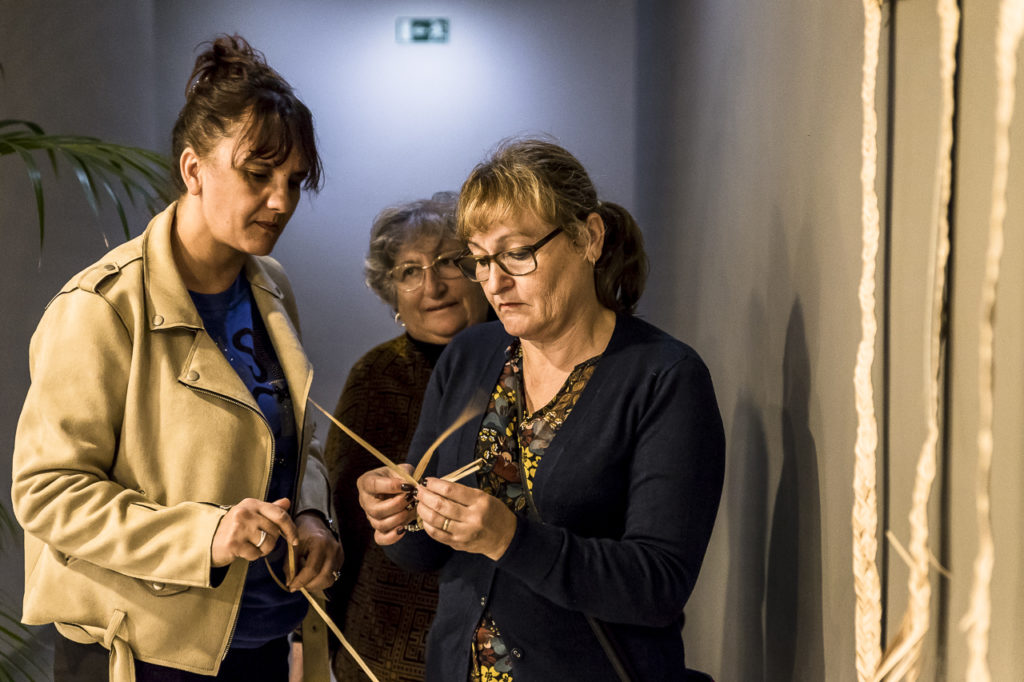
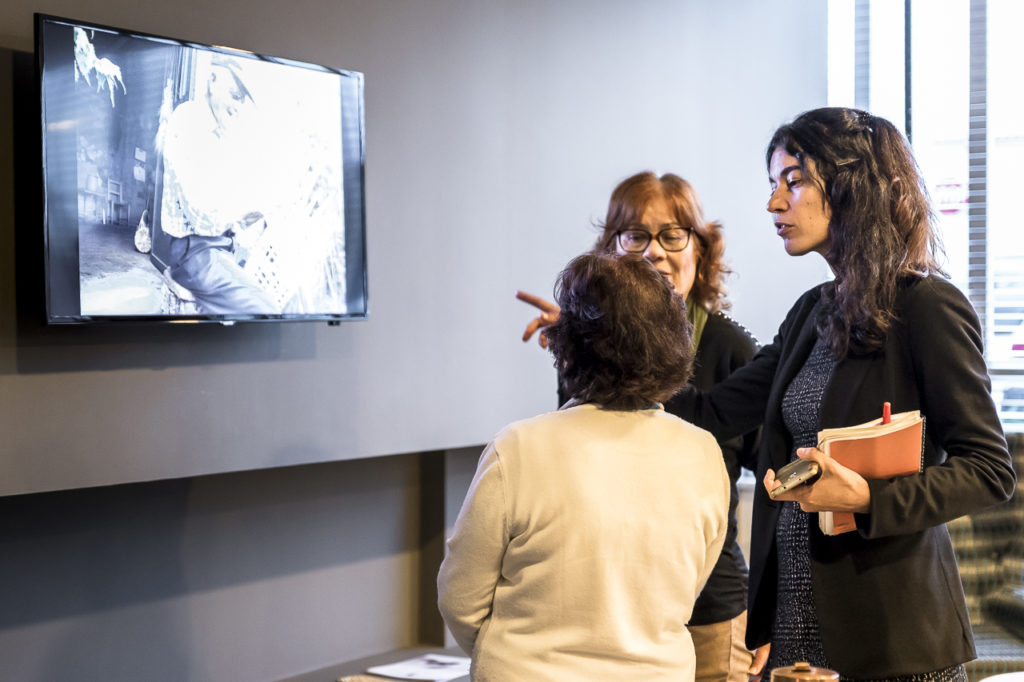
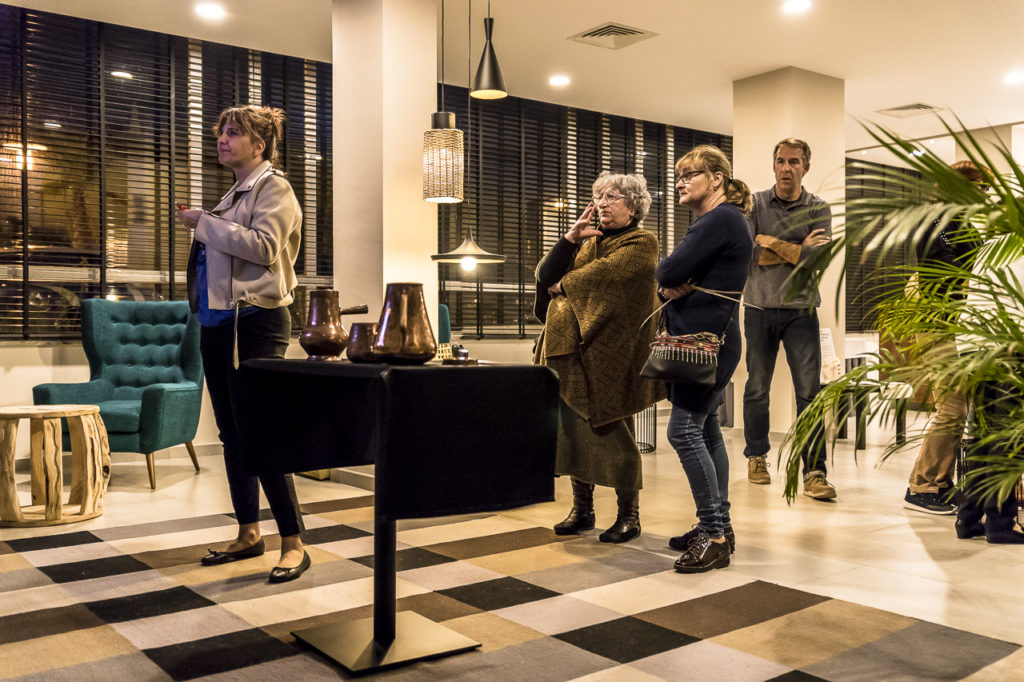
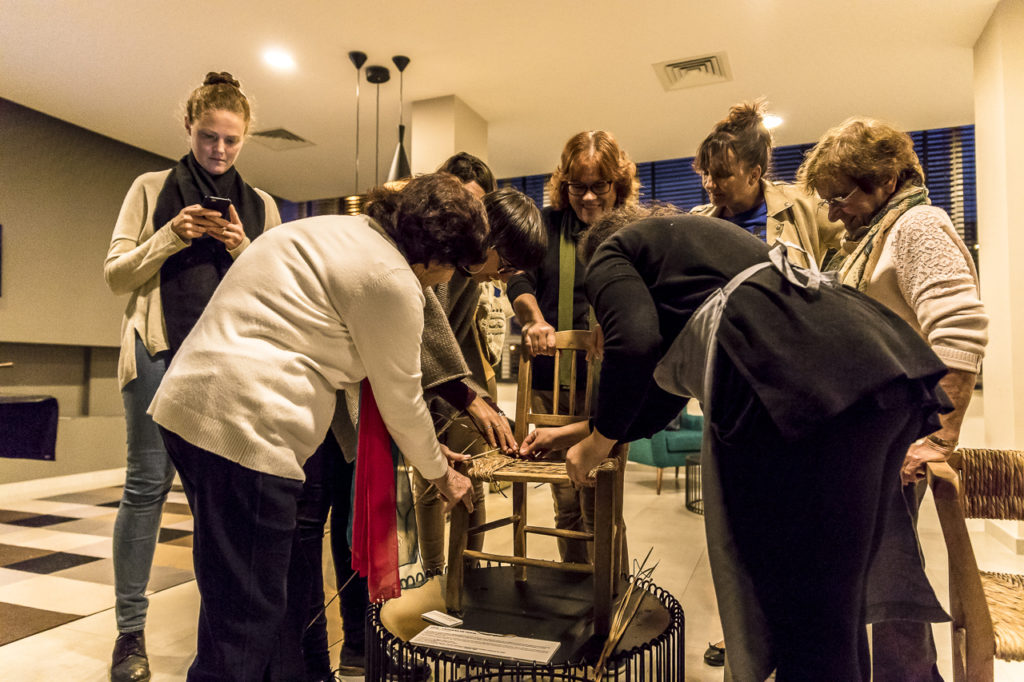
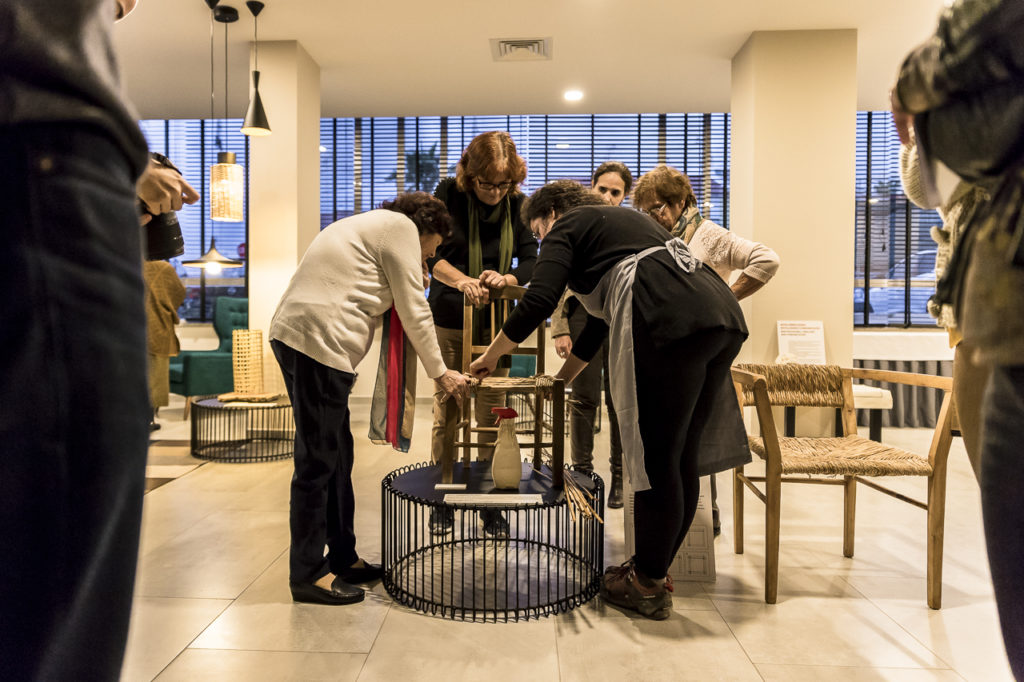
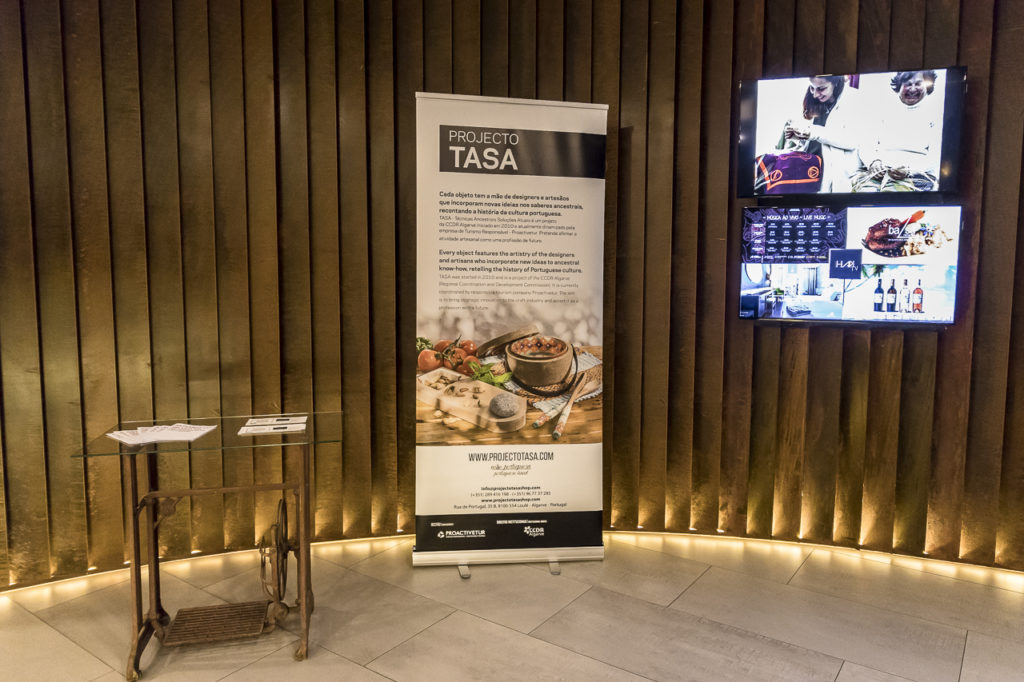
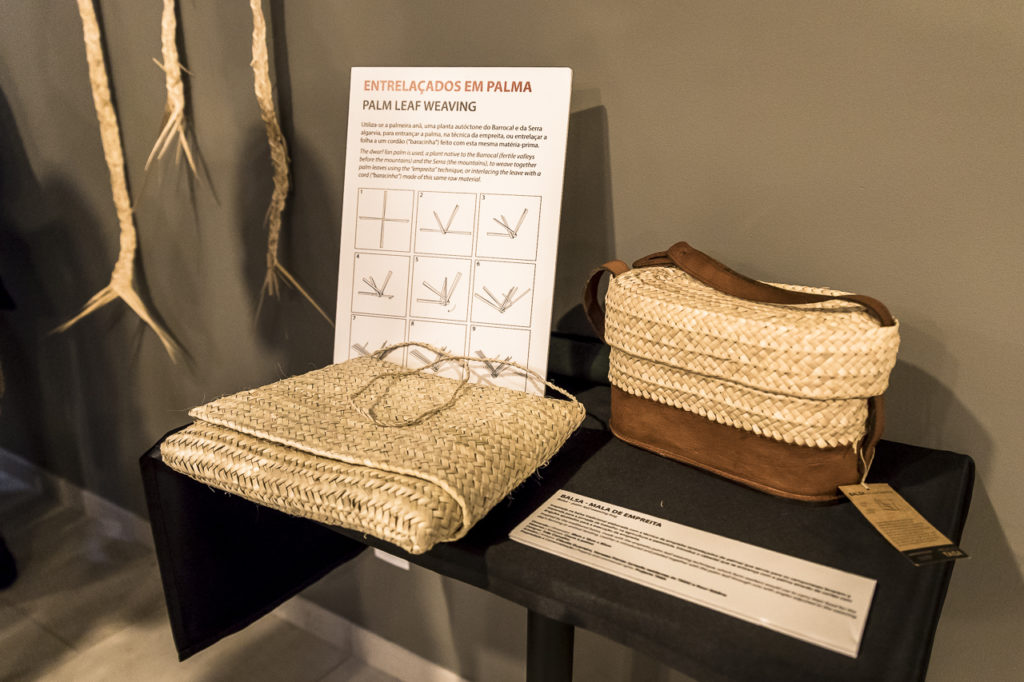
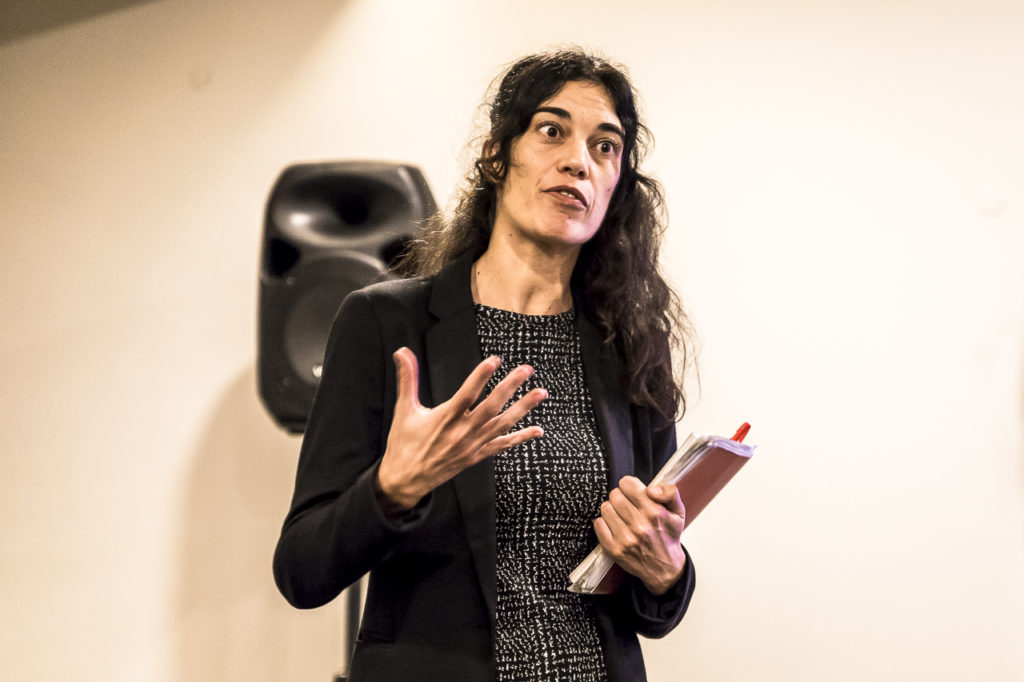
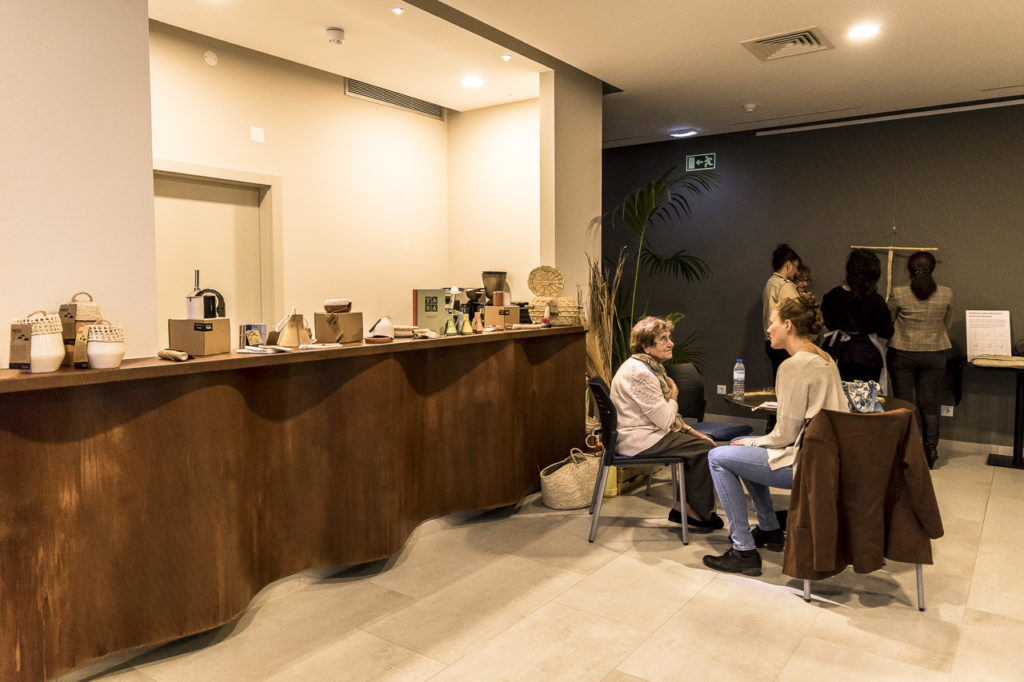
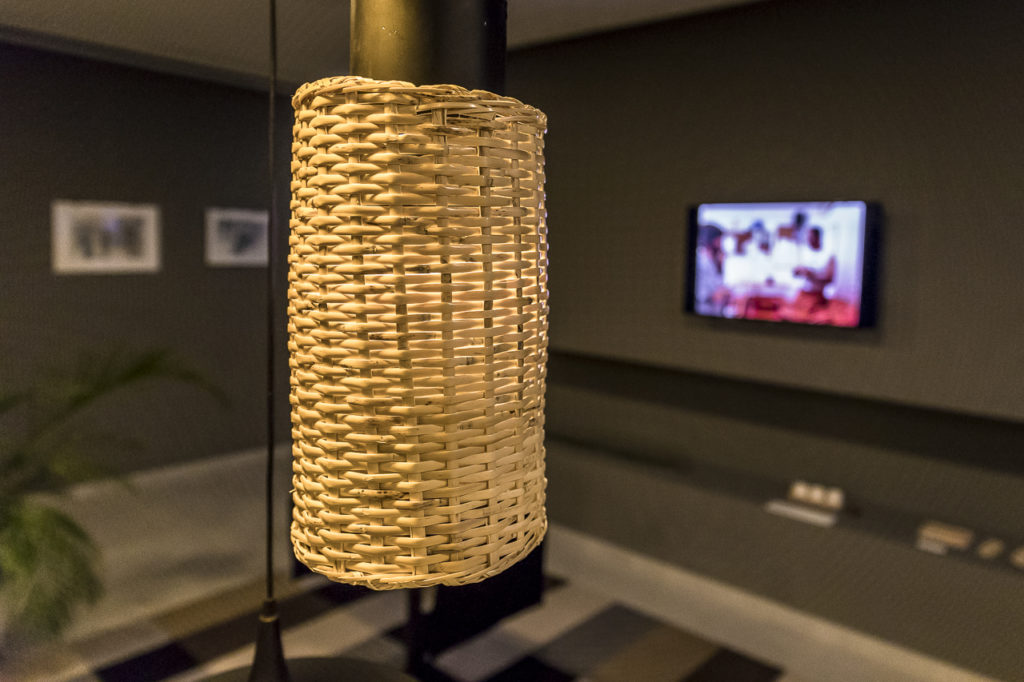
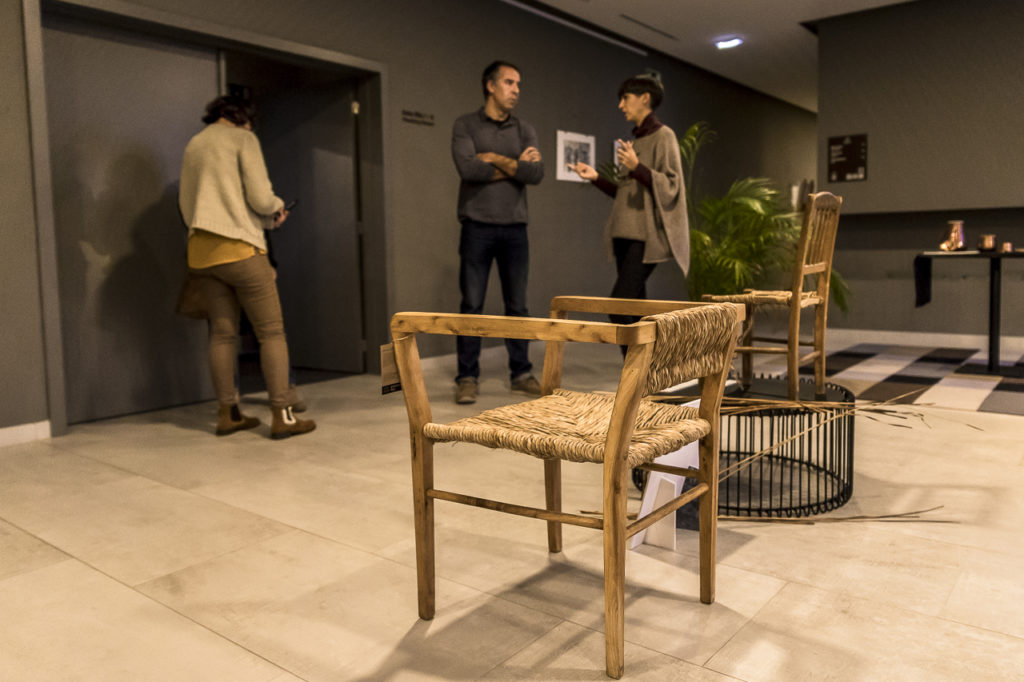
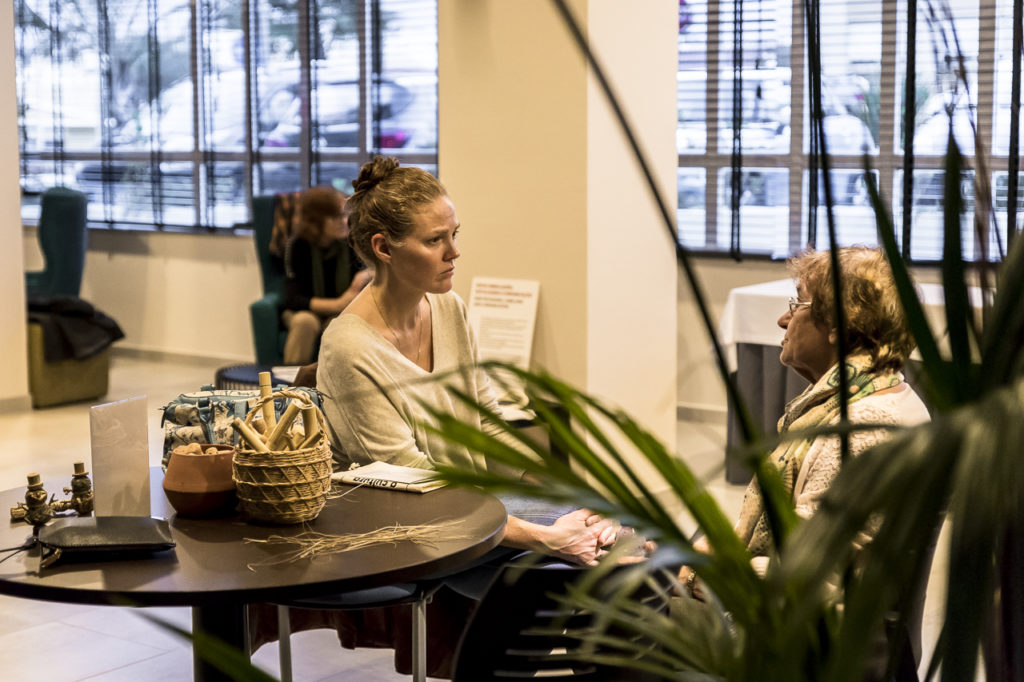
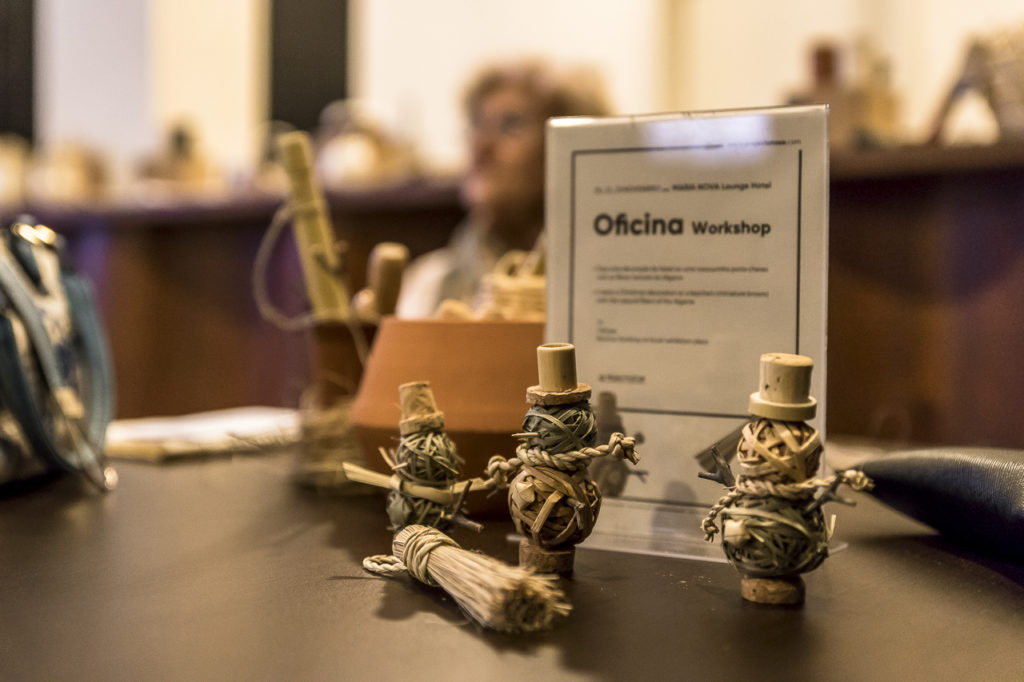
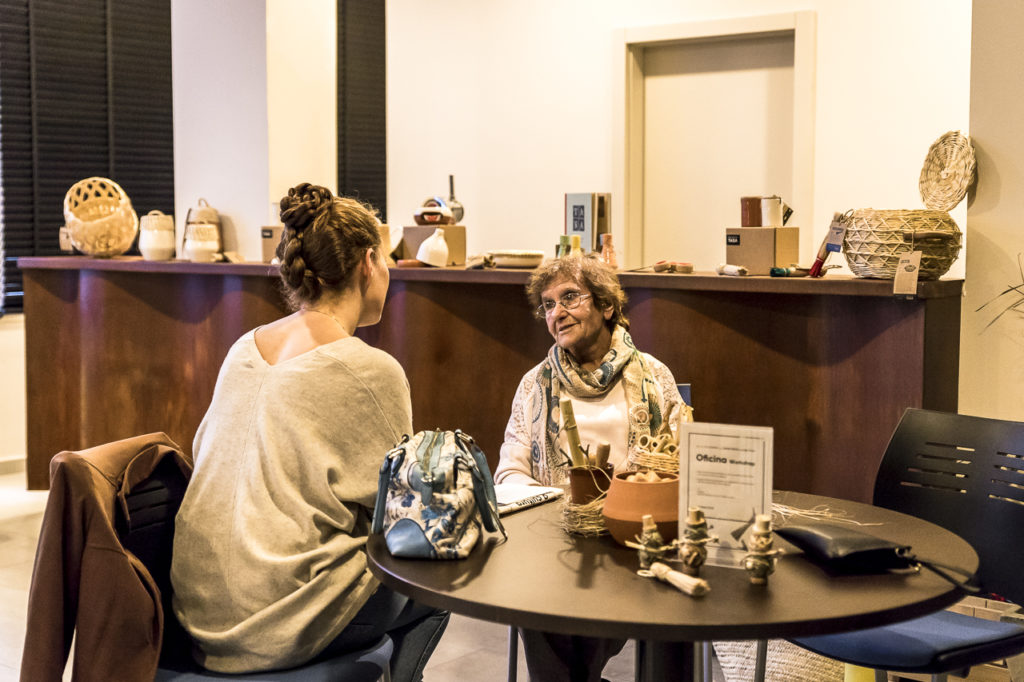
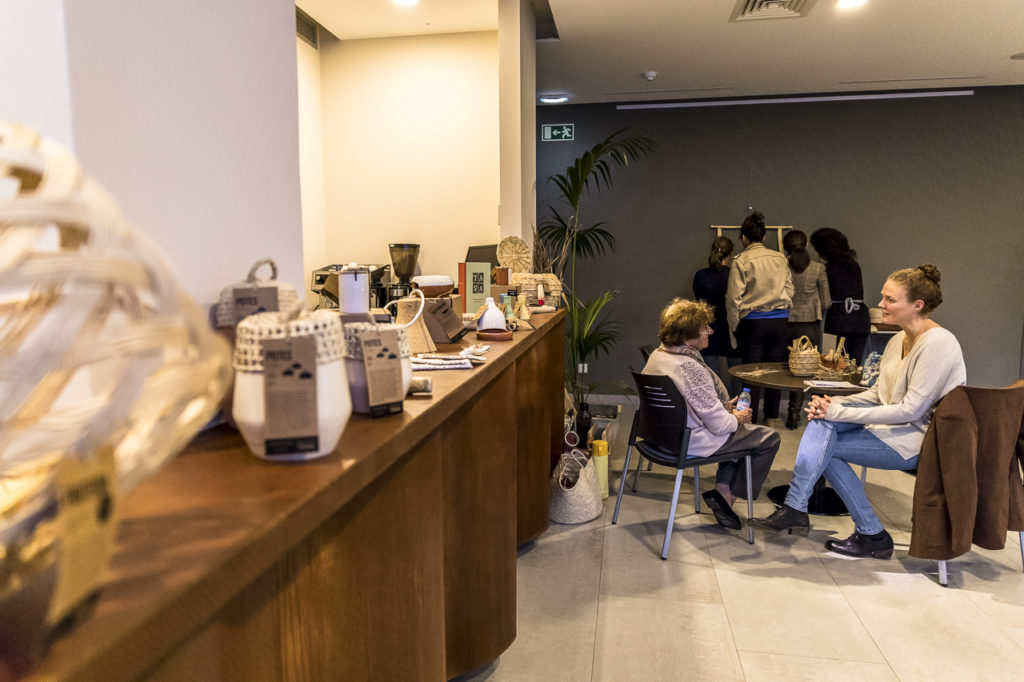
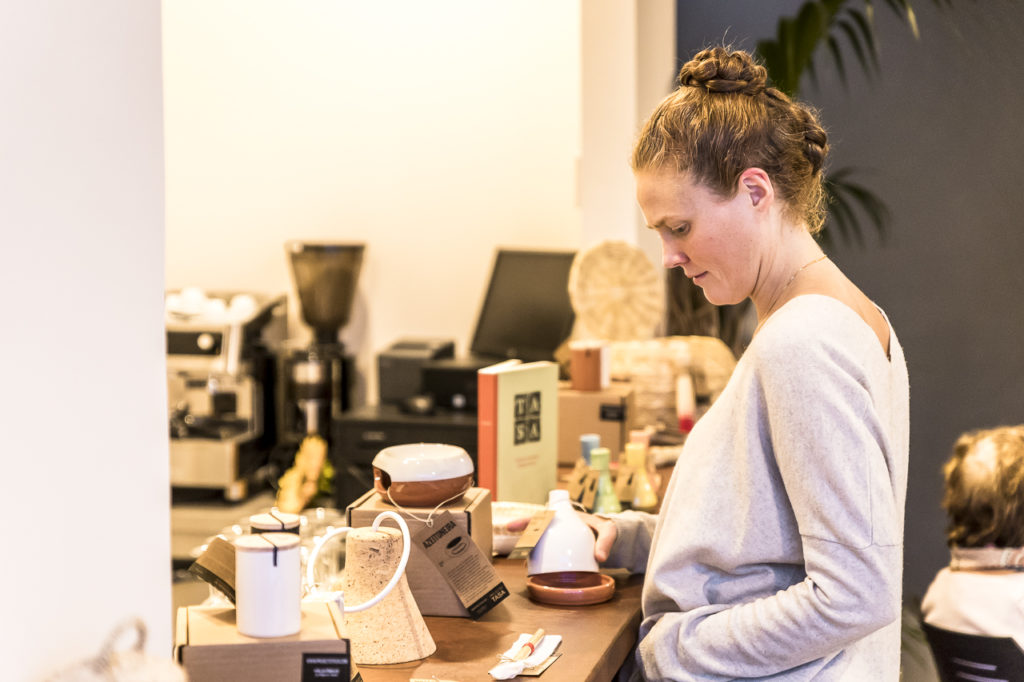
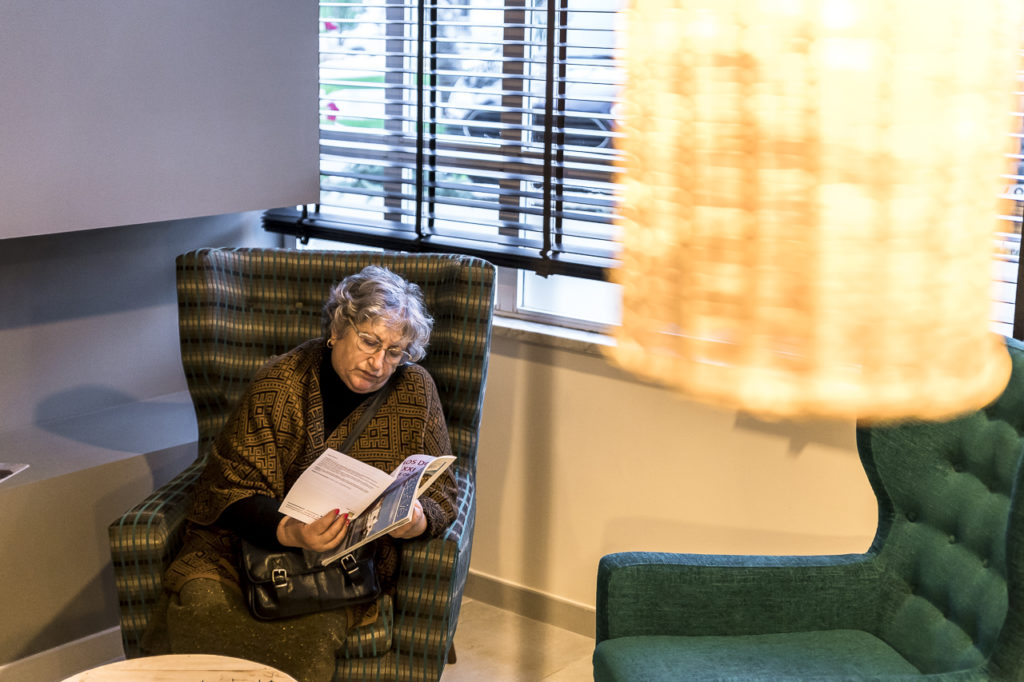
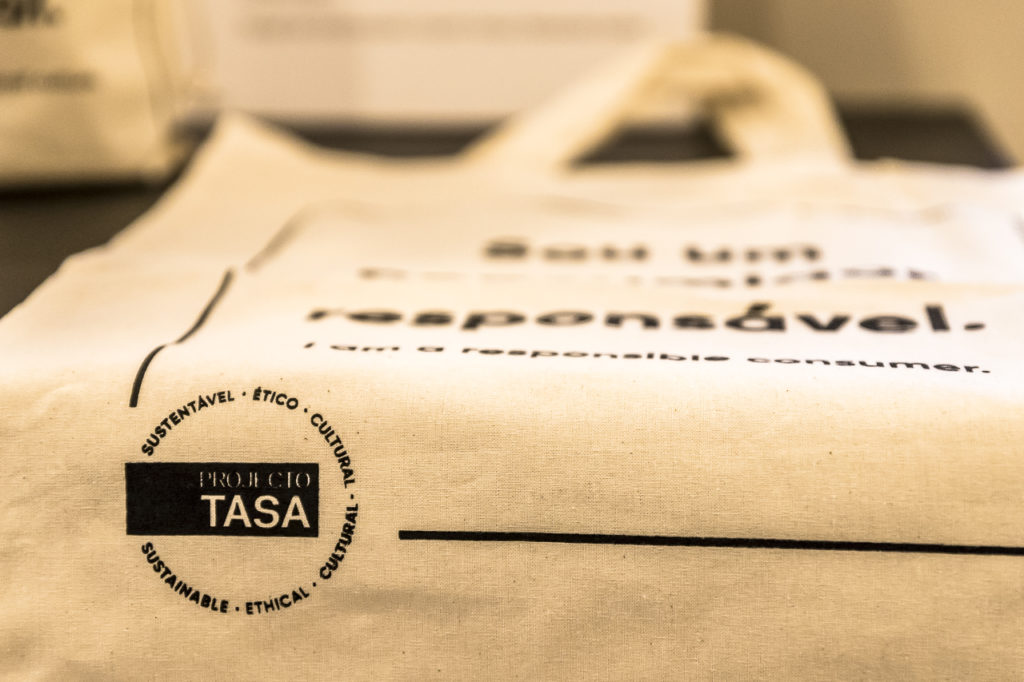
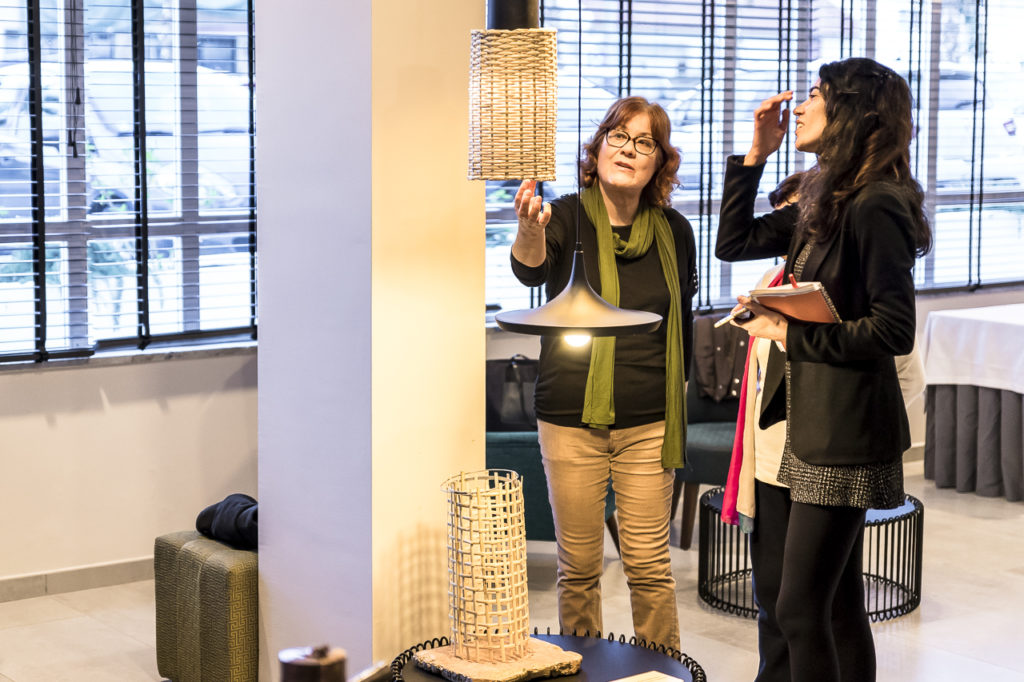
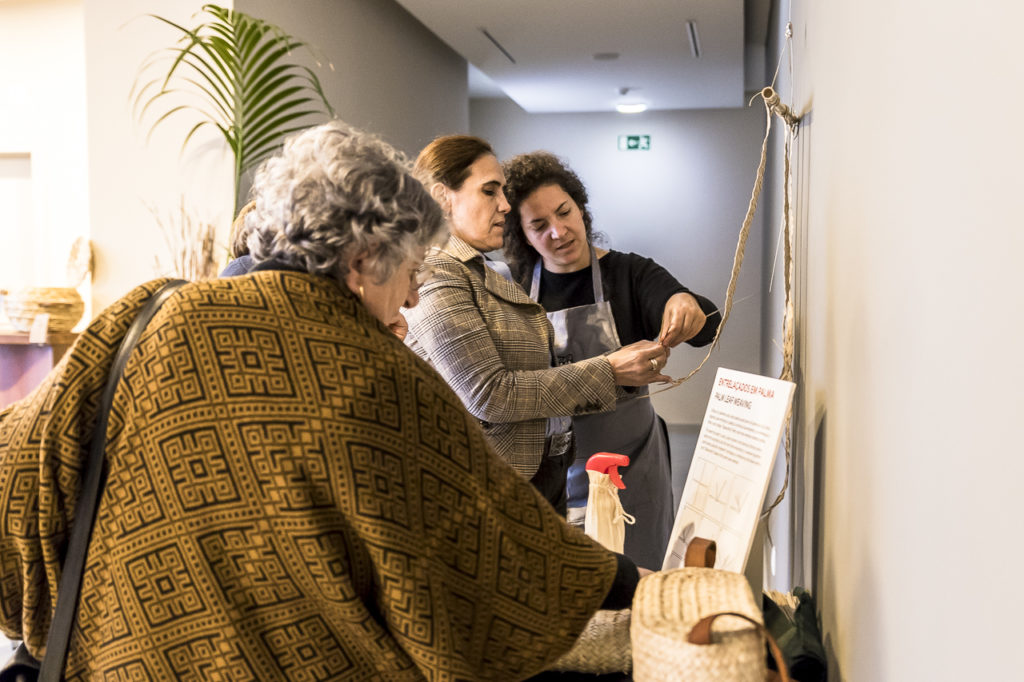
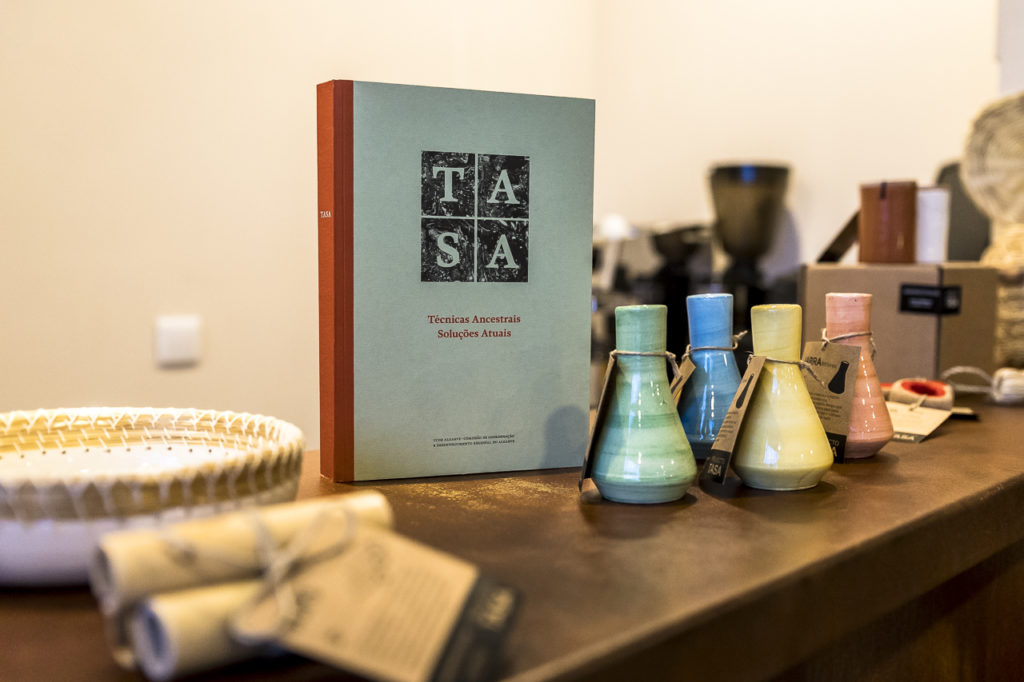
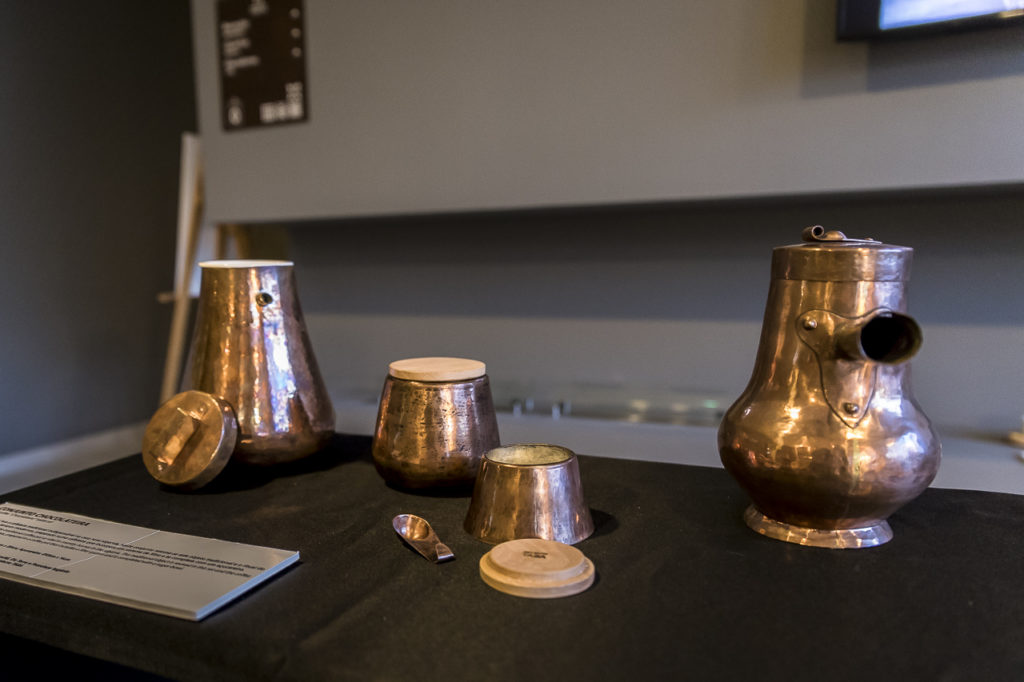
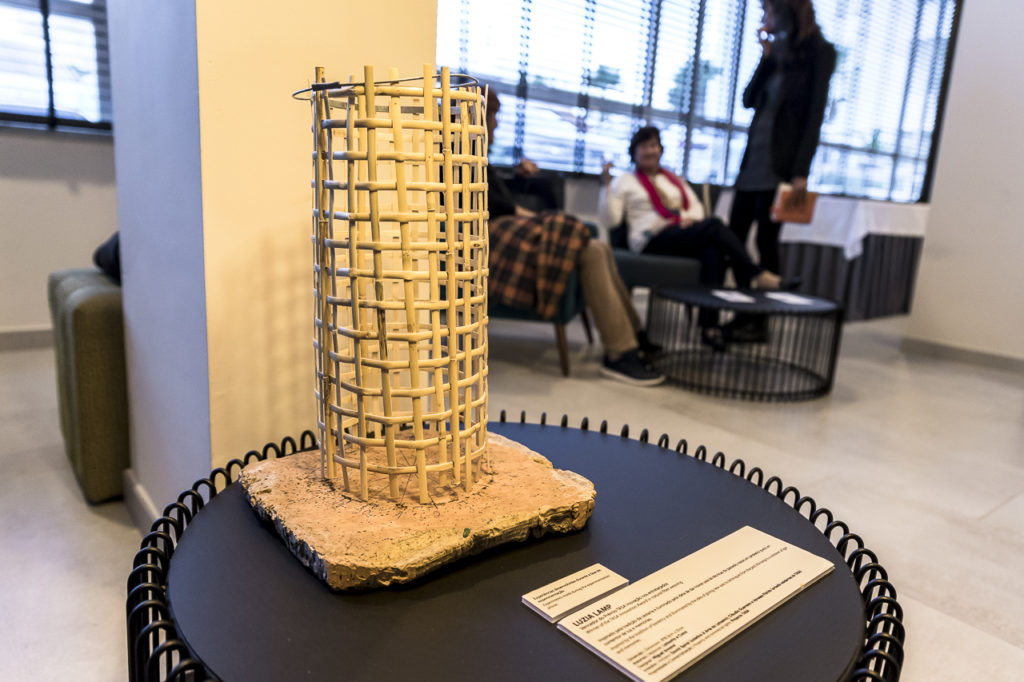
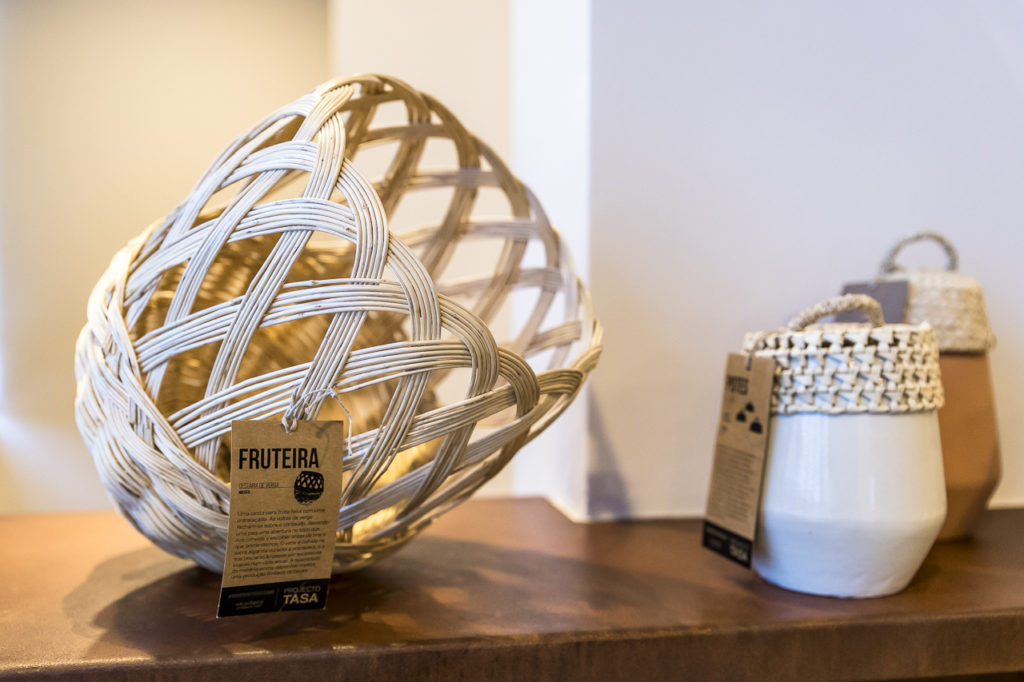
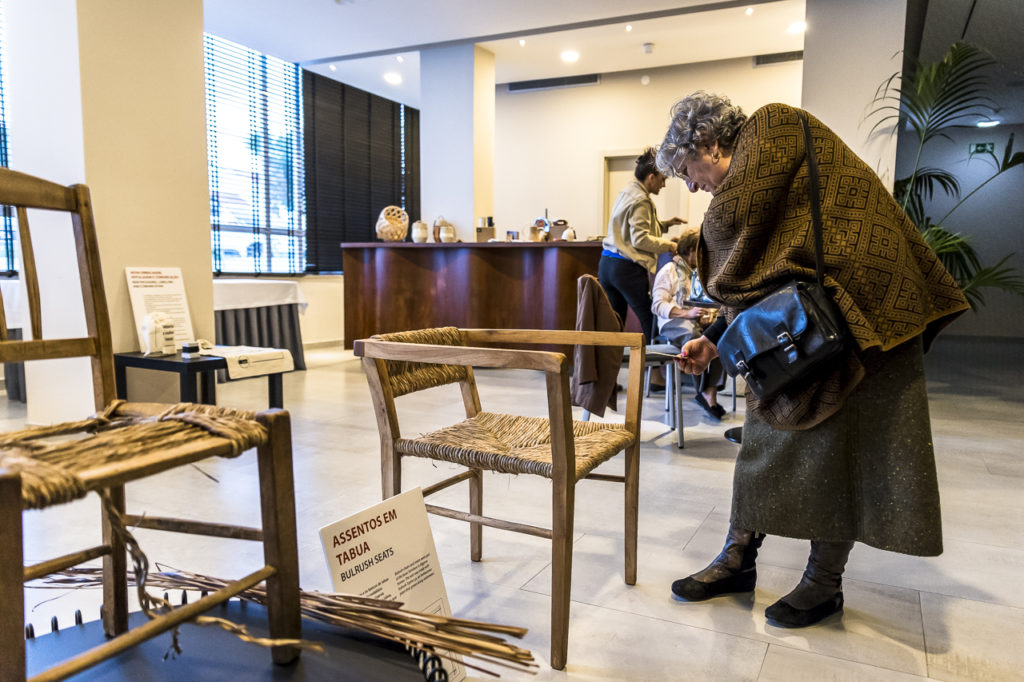
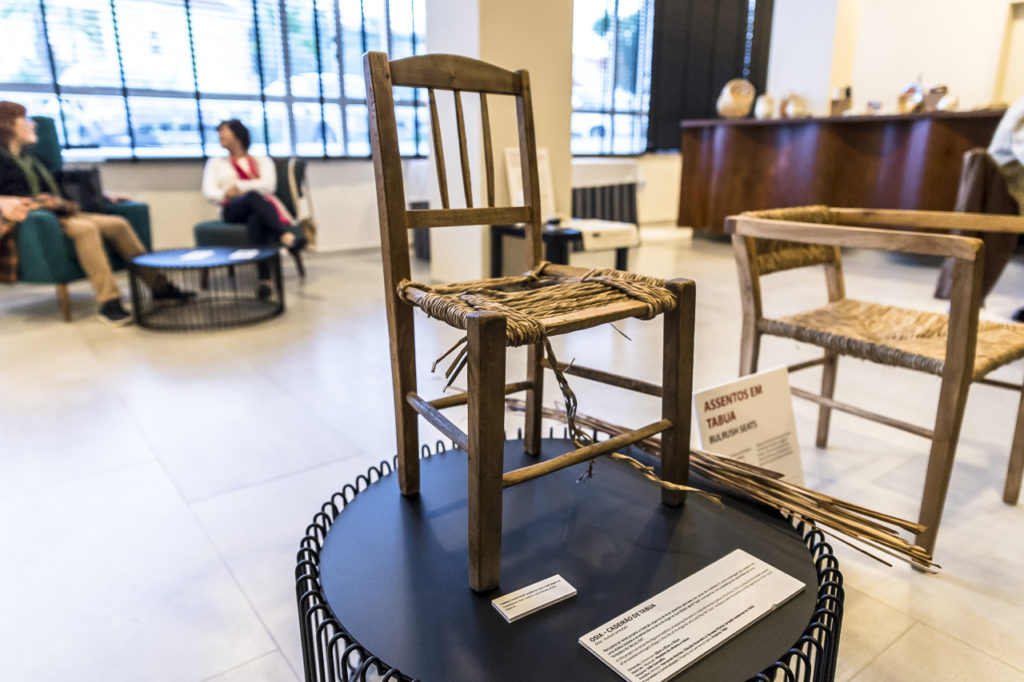


















Comments